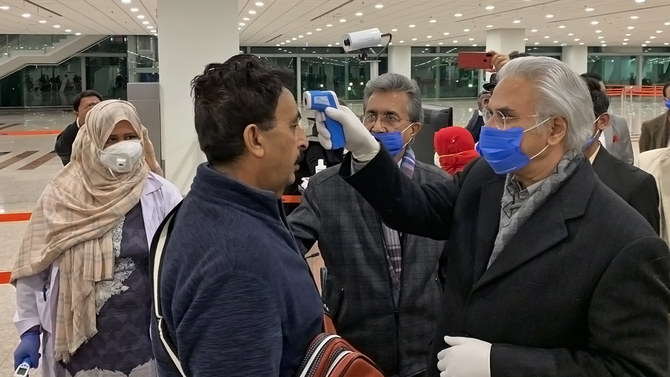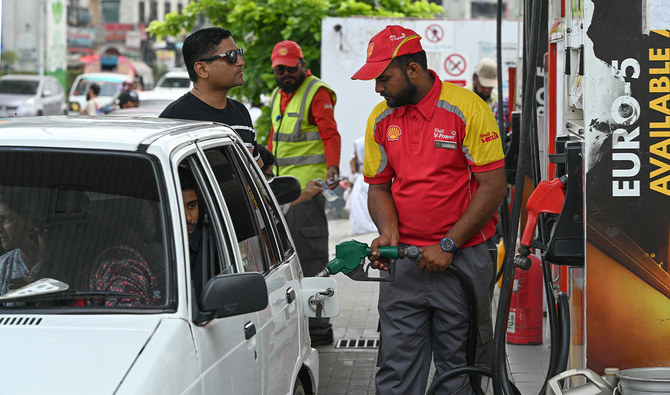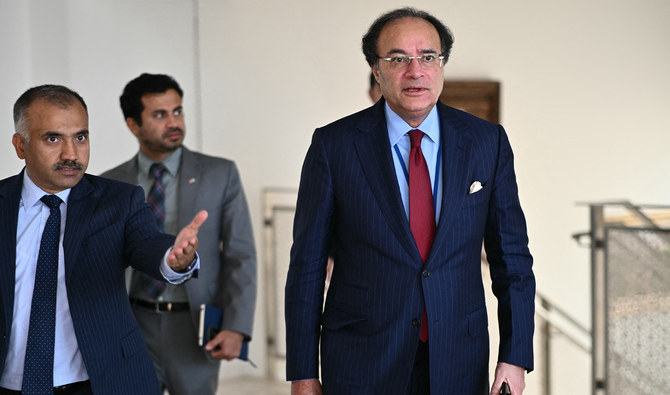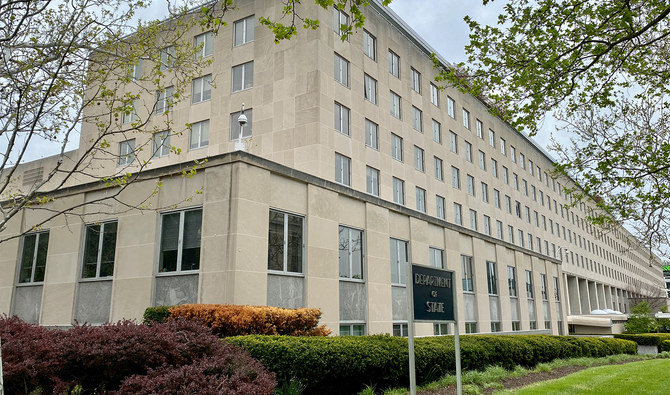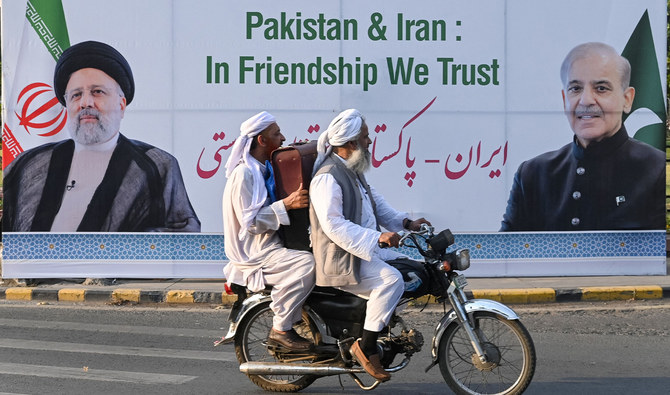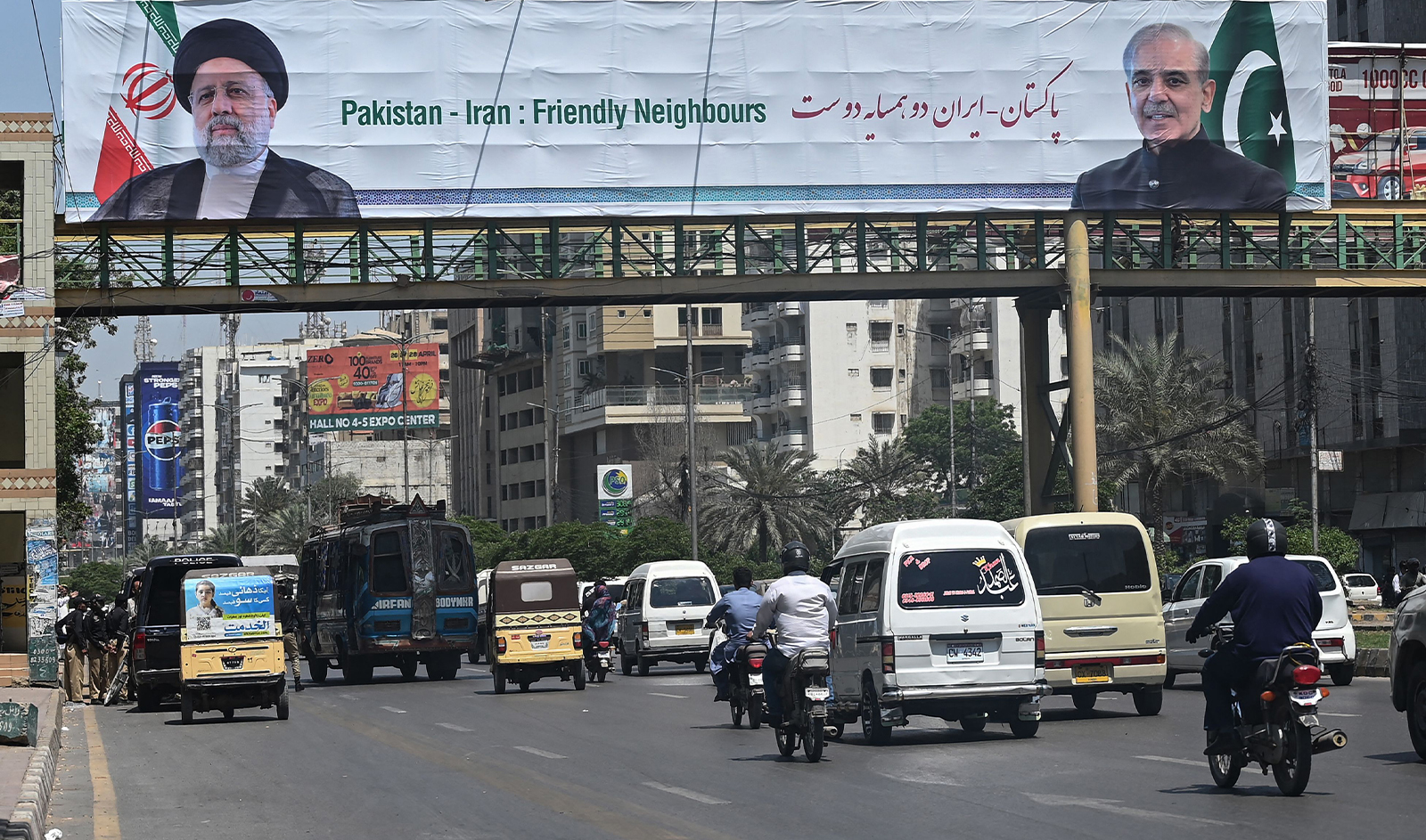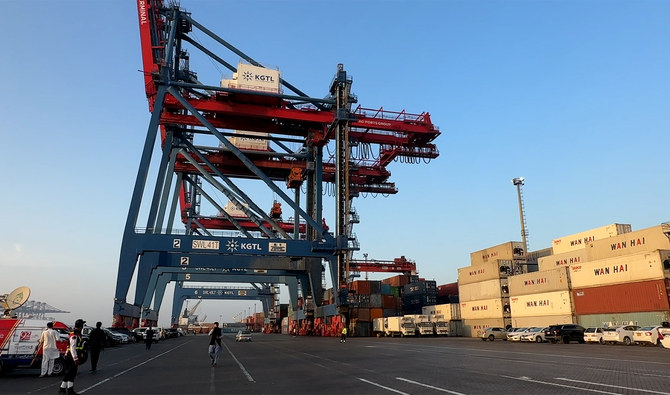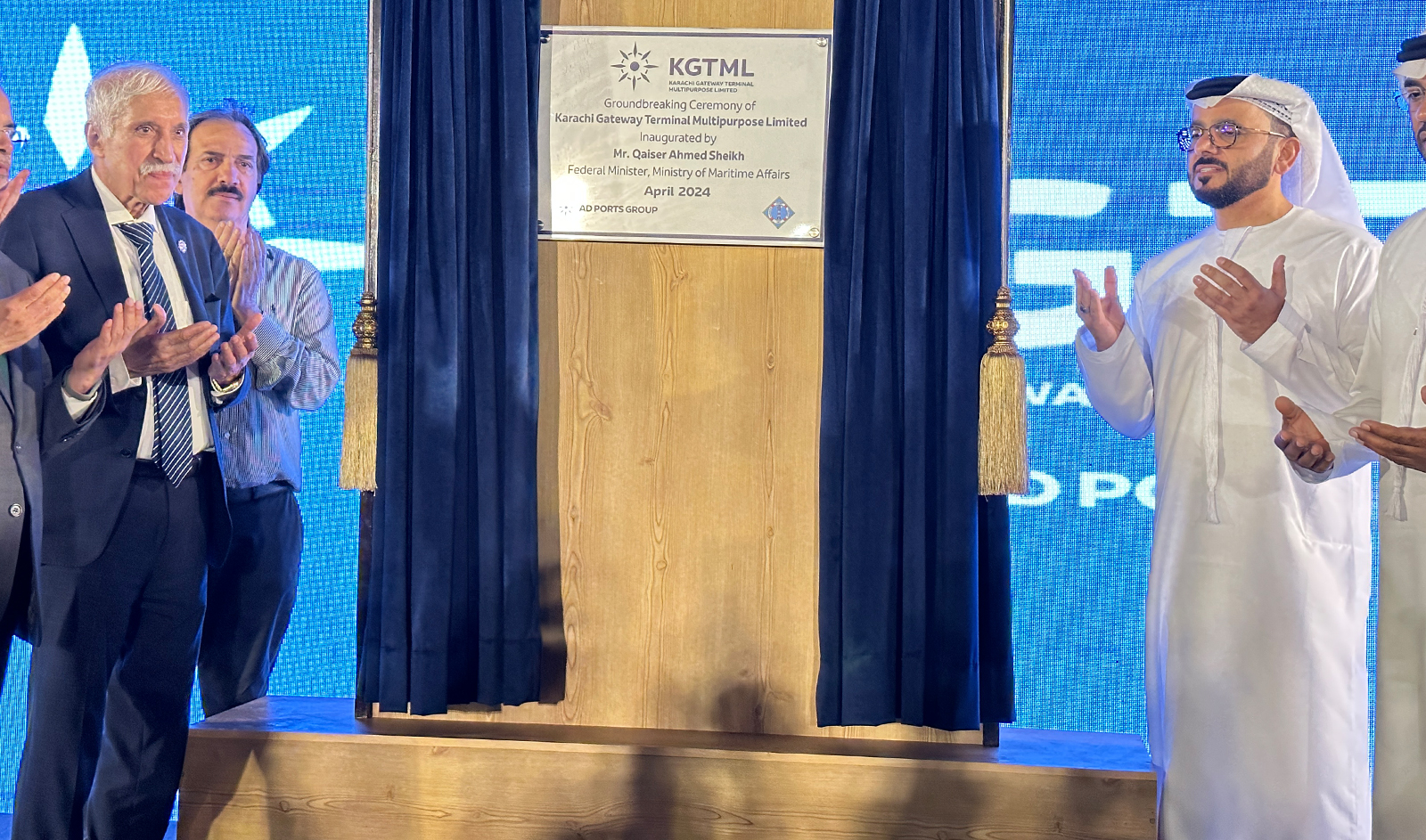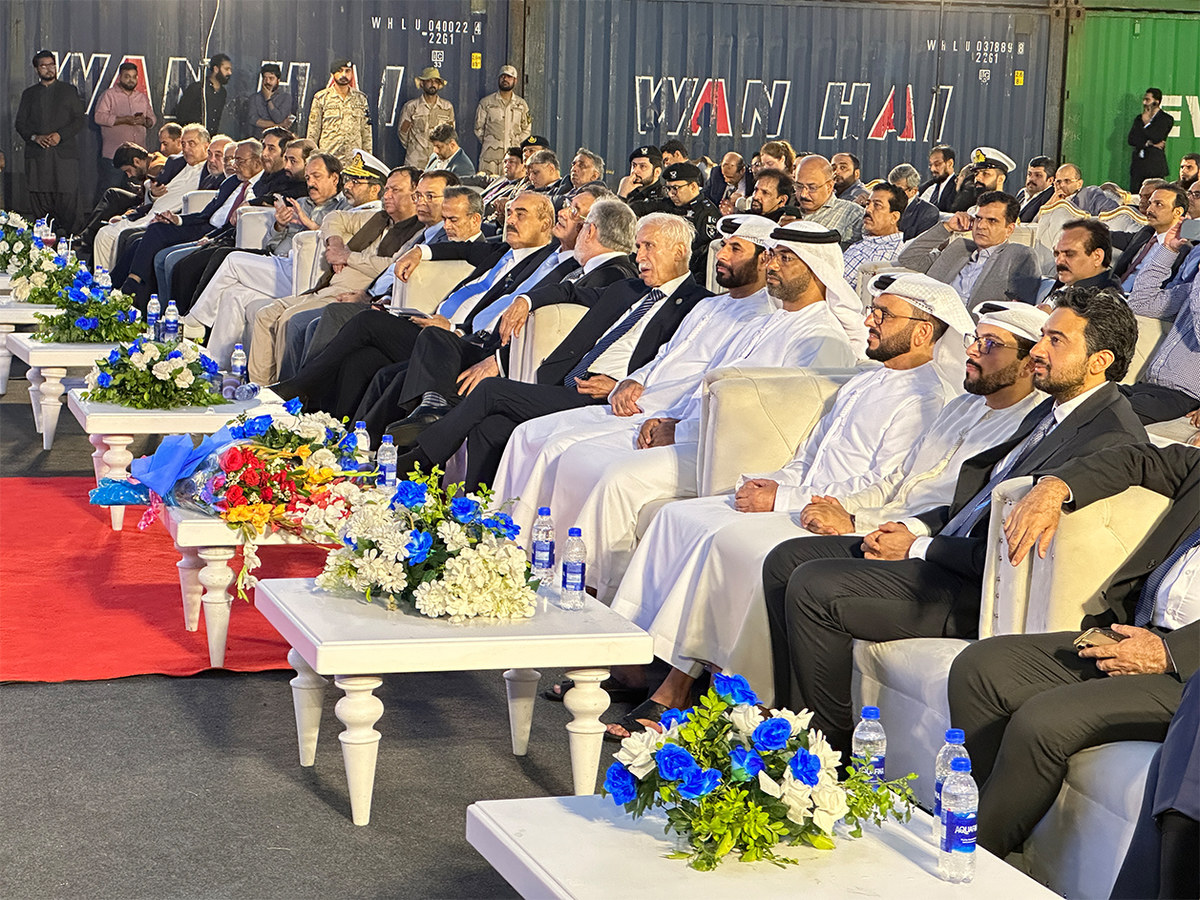ISLAMABAD: Saudi Arabia has not yet issued any special guidelines for the disease screening of Pakistani Umrah pilgrims traveling to Saudi to perform the pilgrimage, Pakistan’s foreign office said on Sunday.
Every year, millions of Muslims from around the world journey to Makkah to perform the holy pilgrimage. Last year, Pakistan topped the list for the greatest number of Umrah pilgrims traveling to Saudi Arabia at over 400,000 people, according to the kingdom’s official statistics.
As worldwide fears rise of a global coronavirus pandemic, airports around the world have begun special thermal screening for visitors entering their countries specifically from China where the virus began.
But Pakistan’s foreign office spokesperson, Aisha Farooqui, told Arab News that Pakistan has not yet received any instructions from Saudi Arabia for the special screening of its Umrah pilgrims.
“We have not heard anything from Saudis yet on Umrah pilgrims,” she said.
Imran Siddiqui, spokesperson of Pakistan’s Ministry of Religious Affairs said this was because there have been no confirmed cases of the virus in Pakistan. He told Arab News that it was business as usual, and Umrah pilgrims were proceeding to Saudi Arabia as per normal routine.
“We have neither received any advisory so far regarding Umrah pilgrims from Saudi government nor Saudi embassy in Islamabad. Umrah pilgrims are traveling to Saudi Arabia as per routine as there is no coronavirus case reported in Pakistan till today,” Siqqiqui said, and added his ministry would act accordingly as and when it received special guidelines from the kingdom.
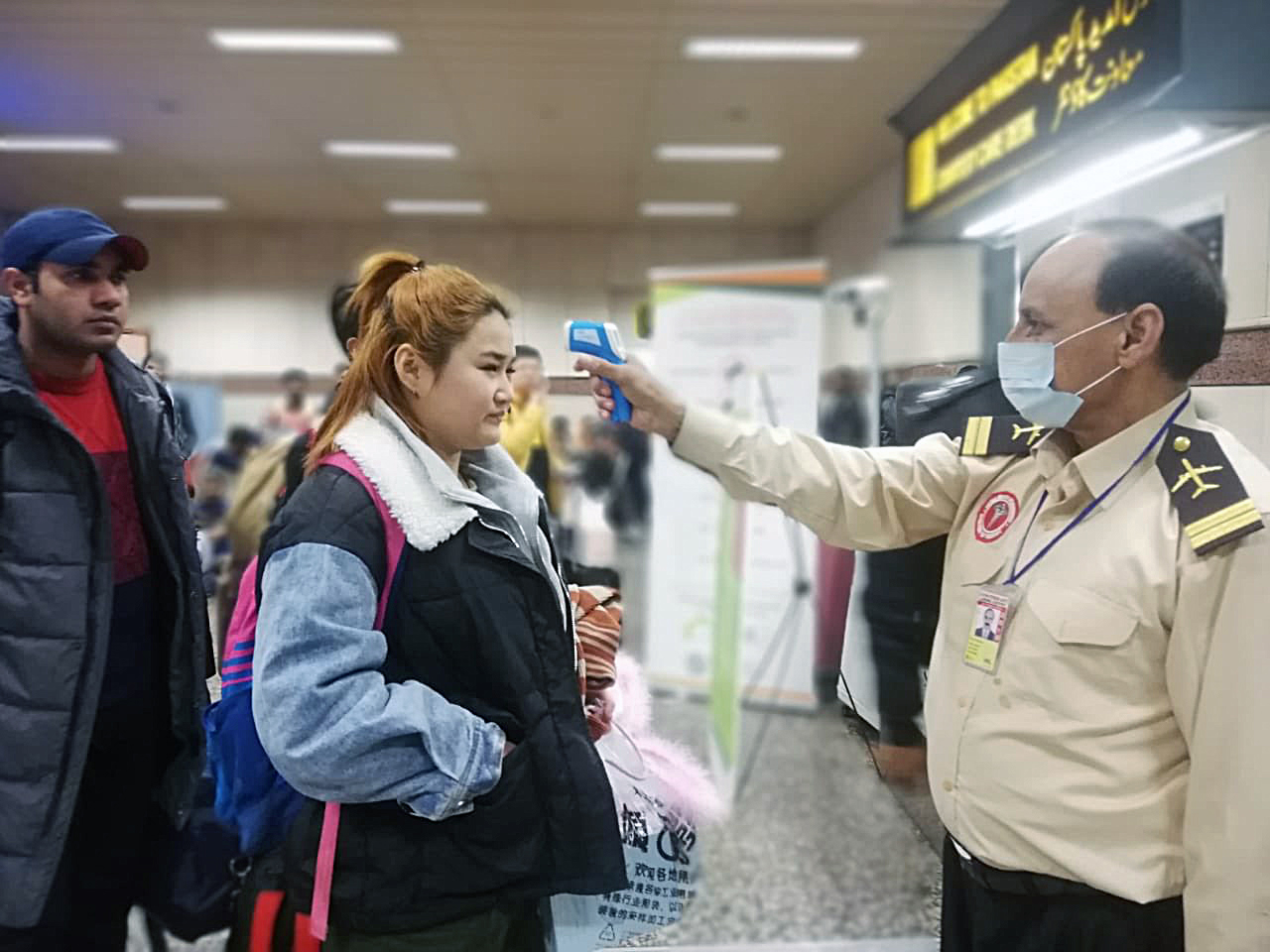
Passengers undergo screening at the Lahore airport on January 23, 2020, following an outbreak of the coronavirus in China. (Photo courtesy: Zafar Mirza/Twitter)
On Thursday, Pakistan’s national carrier began special screenings for the virus on passengers traveling from Beijing to Islamabad, with additional screenings at the country’s airports kicking off.
So far, 2,000 people worldwide have been sickened and 56 have died from the virus, with all fatalities occurring in China to date.
Durriya Amir, Public Relations Officer for Pakistan’s Civil Aviation Authority (CAA) confirmed to Arab News that were no changes yet issued for Pakistan’s Umrah pilgrims at the country’s airports.
“Actually, we haven’t received any special instructions for Umrah pilgrims from Foreign Office but definitely will act accordingly whenever we receive anything,” she said.
“CAA has established special desks at Islamabad, Lahore, Karachi and Bacha Khan airports where a doctor and two paramedics from health department screen passengers through thermal body scanning machines and thermometers simultaneously,” Amir said.
Rejecting earlier rumors of a novel coronavirus case being detected in Multan, Pakistan’s State Minister for Health, Dr. Zafar Mirza said in a statement on Sunday that all such reports were “inaccurate.”
“Considering that there will be heavy influx of travelers from China after 8th of February 2020 when the celebrations of Chinese New Year conclude, all relevant authorities have been asked to carry out robust surveillance for screening at the points of entry at Islamabad, Lahore, Karachi airports alongside seaports and land crossings, raising public awareness and ensuring hospital preparedness for management of potential cases,” Mirza said.
He added that the government is closely monitoring the situation and taking all necessary measures to screen travelers returning from China.
“We are providing medical attention where required...while the ministry is establishing a help-line to be functional from Wednesday for information on the disease and to respond to queries,” he said, adding that thermo scanners and thermo guns have been provided to health staff at airports in Karachi, Lahore and Islamabad to screen all passengers.
Additionally, a dedicated team has been assigned for the task and will “screen all passengers arriving via flights from China.”
Since Friday, however, China has closed its outbound direct flights to Pakistan due to Chinese spring festival.
“As per standard guidelines and procedure, any traveler from China having flu-like symptoms has to be isolated and monitored. The patients being referred to by some have no serious symptoms- are responding to treatment and improving,” Mirza said.
Dr. Malik Muhammad Safi, Pakistan’s Director General Health, told Arab News on Sunday that the utmost vigilance was being maintained at the Emergency Operation Cell in the health ministry, which is monitoring the situation round the clock and that all the relevant institutions related to emergency preparedness are part of this special cell.
“Instructions have been given to all major hospitals to make arrangements to receive possible cases and provide them necessary care. We have established contact with all Provincial Chief Ministers, Provincial Health Departments; relevant ministries including interior dealing with immigration, Aviation Division, National Disaster Management Authority (NDMA) to ensure there is seamless coordination and that our efforts are synergized,” Safi said.



